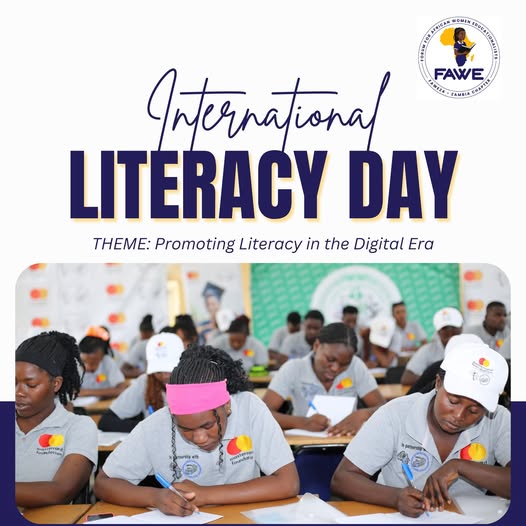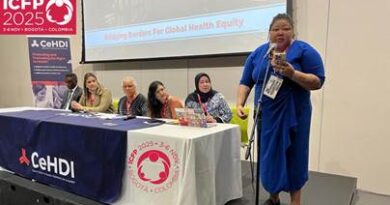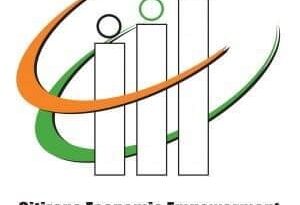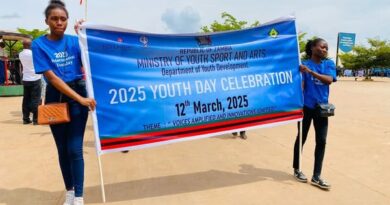FAWEZA Calls for Urgent Action on Digital Literacy as Zambia’s Literacy Rate Declines
The Forum for African Women Educationalists of Zambia (FAWEZA) has joined the global community in commemorating World Literacy Day 2025, under the theme “Promoting Literacy in the Digital Era.”
In a statement, FAWEZA Executive Director, Costern Kanchele has highlighted the critical role of literacy as the foundation for lifelong learning and socio-economic empowerment. “Despite notable progress, many vulnerable children and young people, particularly girls and women, continue to face barriers to accessing quality education,” Kanchele said.
According to the 2022 Census of Population and Housing National Analytical Report, Zambia’s overall literacy rate has declined to 62.6%, down from 70.2% in 2010. Men remain more literate than women, with 65.3% of males literate compared to 60.1% of females. The gap between urban and rural populations is also significant, with literacy at 78.2% in urban areas and just 49.8% in rural communities.
FAWEZA is addressing these challenges through initiatives such as the Mastercard Foundation Bursary Support Programme, Zebra Trust, and Katla Carbon, which support thousands of vulnerable learners across Zambia.
The programmes provide financial assistance for school fees, uniforms, and learning materials, while also offering mentorship and digital skills training. By providing ICT equipment and integrating digital literacy into its bursary framework, FAWEZA is preparing young Zambians to thrive in the digital economy.
Beyond financial support, FAWEZA implements psychosocial programmes, including Tuseme (Speak Out) clubs, expanded orientation programmes, guidance and counselling, and gender-responsive pedagogy to retain learners, particularly girls and young women, in school.
On this World Literacy Day, FAWEZA is calling on government, civil society, the private sector, and communities to continue investing in education and digital literacy initiatives. “Only by working together can we reverse the decline in literacy, empower vulnerable learners, and open doors to equal opportunities for all,” Kanchele added.



